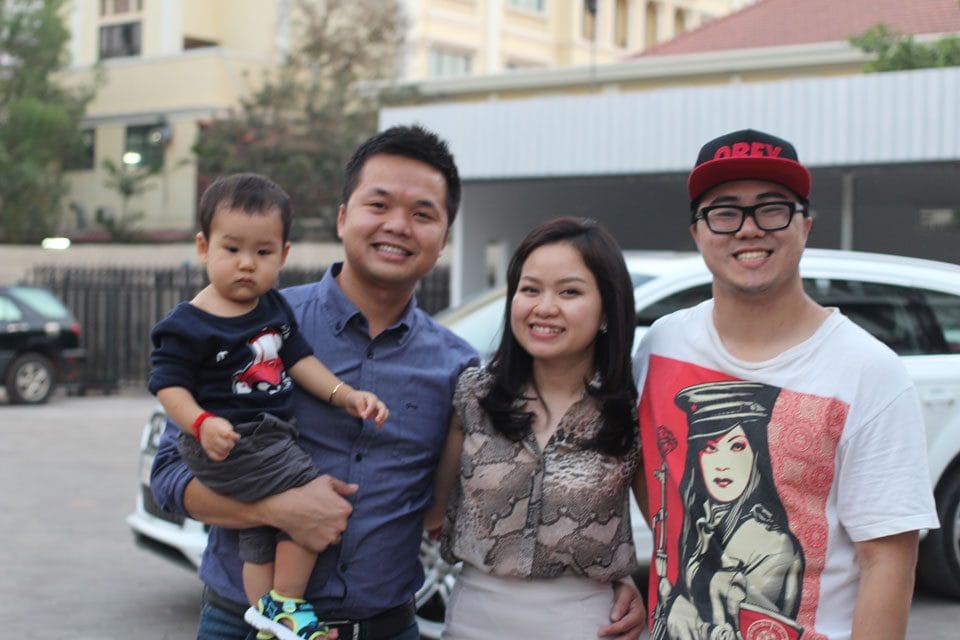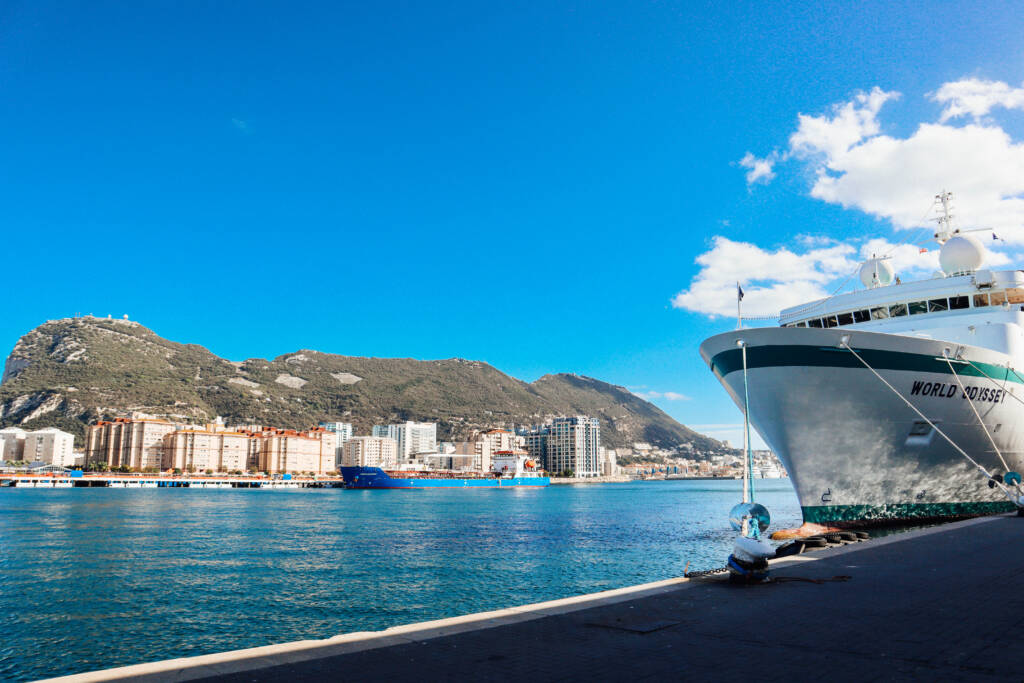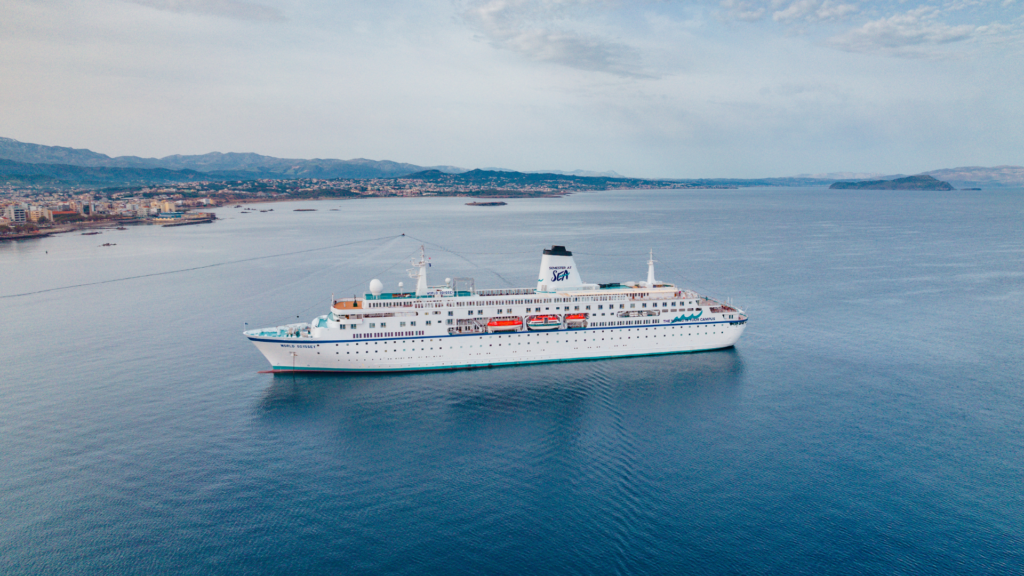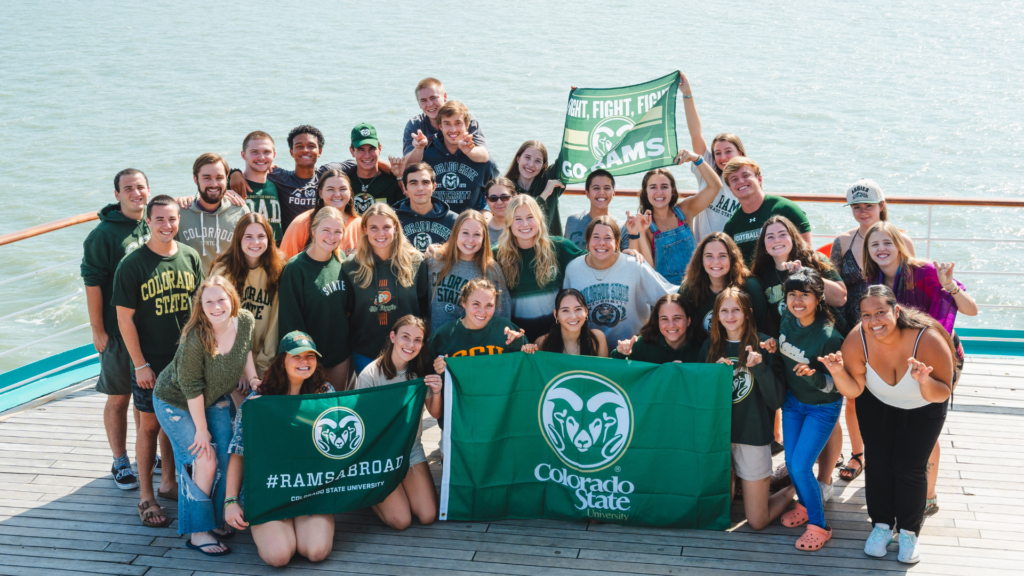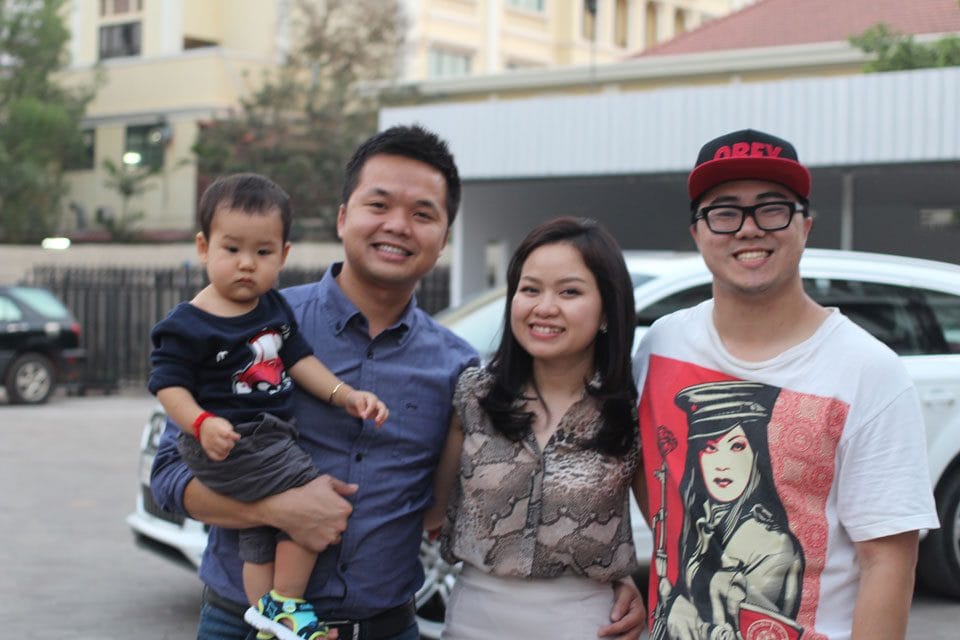
When Kida Toy discovered that Semester At Sea was offering field programs to Cambodia during its port in Viet Nam, he knew he couldn’t pass up the opportunity. A Cambodian-American, the trip allowed Kida to not only visit the country of his ancestry for the first time, but he was also able to arrange a special introduction ‚Äì to meet his extended family.
Kida, a student from the University of Kansas, was born after his parents fled the country at the start of the Pol-Pot regime in the 1970s. His uncle, a pilot in the Cambodian Air force, was able to use his connections to transport Kida’s parents and other family members to America.
But not everyone in the family was able escape. The Semester At Sea trip gave Kida the chance to meet his extended family members, and survivors, for the first time – family that had been separated for more than 30 years.
“At home, we would often get updates on their lives from postcards and letters, but [my parents] had never visited Cambodia again after leaving ‚Ķ my uncle and my cousins actually went back a few years ago, and they said it was really eye-opening,” Kida said. “My parents always made sure that my sibling[s] and I were taught about their past; it was a very important part of our growing up.”
During Pol-Pot’s four-year rule of the Khmer Rouge regime, an estimated 2 million Cambodians died from political executions, disease, starvation and forced labor. Millions of citizens were forced to leave the cities and live in the countryside, where the new communist regime attempted to create a self-sufficient agricultural state ‚Äì a state that, in the regime’s mind, would only require a quarter of the population to survive. The massive genocide that took place during the period is often referred to as the “Cambodian Holocaust.” Three of Kida’s uncles died during the genocide, probably because they were male, he said.
“It meant a lot to visit Cambodia, and I am proud to be a Cambodian,” he said. “Many SAS kids were falling apart after we visited the killing fields, but it really wasn’t a huge culture shock for me because I had known so much about the history and knew what to expect.”
Between events in the field program’s three-day itinerary, Kida got permission to meet with members of both sides of his family over dinners and lunches. “It was really rushed,” he said. “The first night I had dinner with my aunt’s family on my dad’s side, and the second day I met my cousin’s family for an hour at this restaurant because they were on their way to the airport ‚Ķ I was supposed to meet another aunt that night, but her mother was sick so we cut it short, and I had lunch with them the next day. We talked, and we even called my mom when I was with the aunt on her side of the family, and they were really excited.”
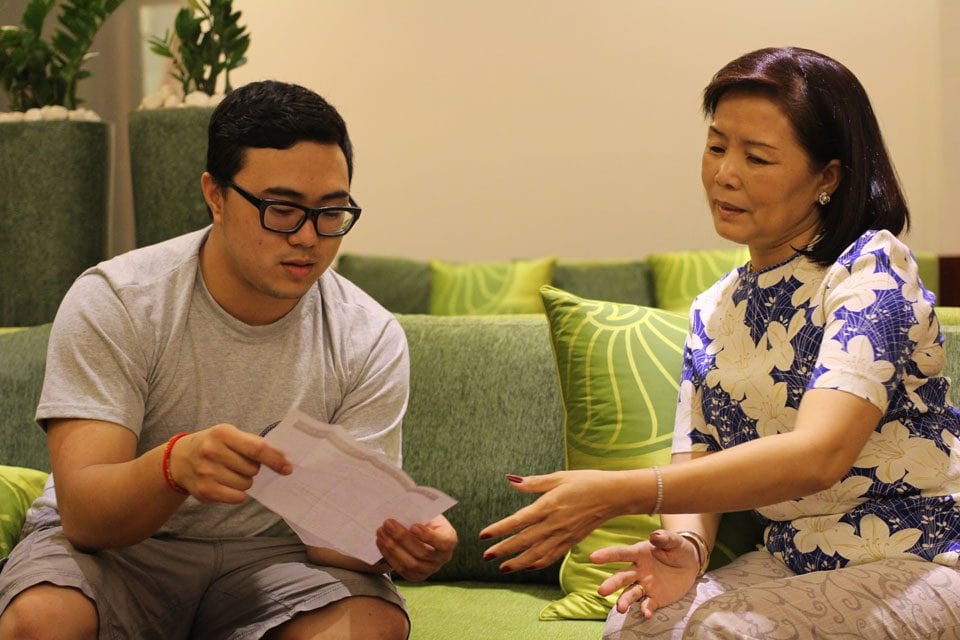
“I really felt at home,” he said. “I speak fluent Cambodian, and Cambodians are typically dark-skinned, so many of the people I would talk to [on the streets] were shocked when they heard me.”
Even though time was limited, Kida is already thinking about returning to Cambodia. “They invited me to come back, and I’ll probably go back next summer,” he said. “Even though I didn’t know anyone besides my family, the hospitality was wonderful everywhere. Everyone smiled at you, everyone waved ‚Äì and no one would try to rip you off,” he laughed. “I was so surprised at the warmness and hospitality of the people.”
